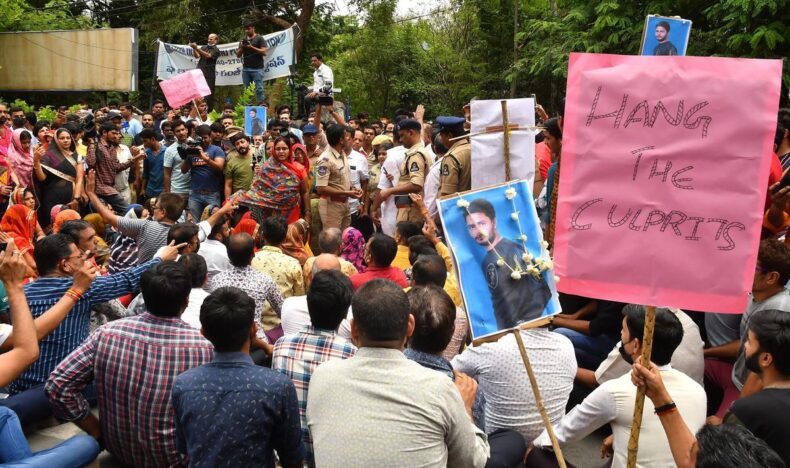The decision was to enhance the island nation’s law and order condition.
The state of emergency in Sri Lanka was removed on Saturday, nearly two weeks after being declared across the island nation in response to enormous economic and anti-government protests.
Embattled President Gotabaya Rajapaksa of Sri Lanka announced a state of emergency on May 6, midnight, for the second time in just over a month, following escalating anti-government rallies across the country over the economic crisis.
According to Hiru News, the Presidential Secretariat announced that the state of emergency had been revoked as of Friday midnight.
The decision was to enhance the island nation’s law and order condition.
The state of emergency allowed police and security personnel the authority to arrest and imprison anyone at will.
The president’s emergency declaration came after weeks of rallies calling for his resignation and accusing the administration of mismanaging the island nation’s economy, which the virus had already damaged.
In conflicts between pro-and anti-government protestors, nine people were murdered, and nearly 200 were wounded.
India and Japan to offer relief supplies.
Both India and Japan have agreed to provide millions of dollars in food aid supplies to the country.
According to its Neighbourhood First policy, New Delhi is offering over USD 3.5 billion to help the Sri Lankas overcome their current challenges this year alone.
In addition, Japan has pledged USD 1.5 million to the World Food Programme (WFP) for crucial food rations and school meal programmes.
According to Katsuki Kotaro, Japan’s Charge d’Affaires ad interim in Sri Lanka, Japan would give 1.5 million dollars to the World Food Program (WFP) to deliver three months’ food supplies to roughly 15,000 urban and rural inhabitants and 380,000 pupils across the island.
The WFP will utilise the funds to purchase rice for daily free school lunches and distribute ration packets, including critical commodities, to low-income families.
Worst economic crisis
Sri Lanka is in the midst of its most significant economic crisis since its 1948 independence from the United Kingdom.
A lack of foreign currency has contributed to the issue since the government has been unable to pay for essential goods and gasoline imports, resulting in severe shortages and high costs.
Due to high inflation, food, gasoline, medical shortages, and continuous power outages, the government lacks foreign currency reserves to purchase imports.
After the country defaulted on international sovereign bond payments, New York-based rating firm Fitch downgraded Sri Lanka’s sovereign rating to “restricted default.”
Sri Lanka was lowered to a ‘C’ rating by Fitch on April 12.
Read More – India supplies Diesel of 40,000 metric tonnes to Srilanka













